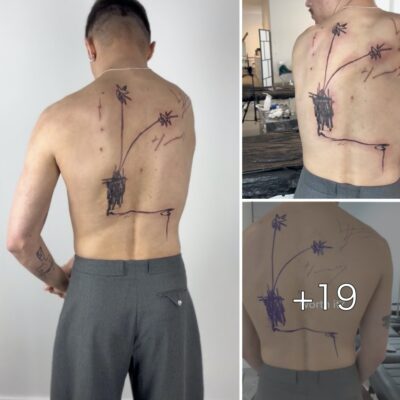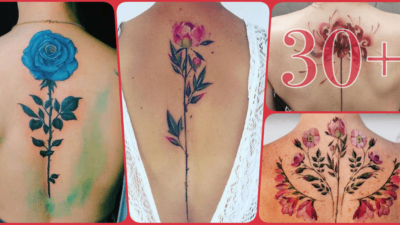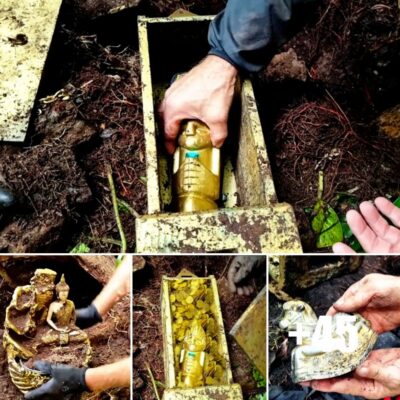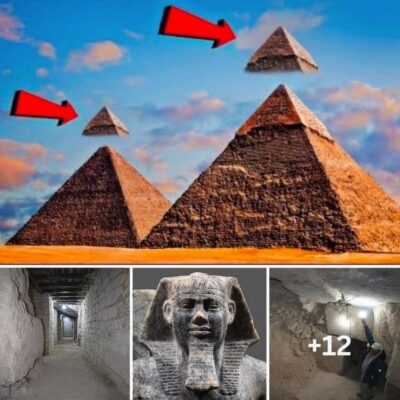These powers were developed during the first phases of the bloody battles fought by the gods. Some of these beings managed to survive the battles and now pose a severe threat to people. The primordial gods Gaia and Tartarus (or Chrysaor and Callirhoe) produced Echidna, who never aged but was not immortal. Together with her brother and husband Typhoon, she was the proud mother of numerous terrifying children.
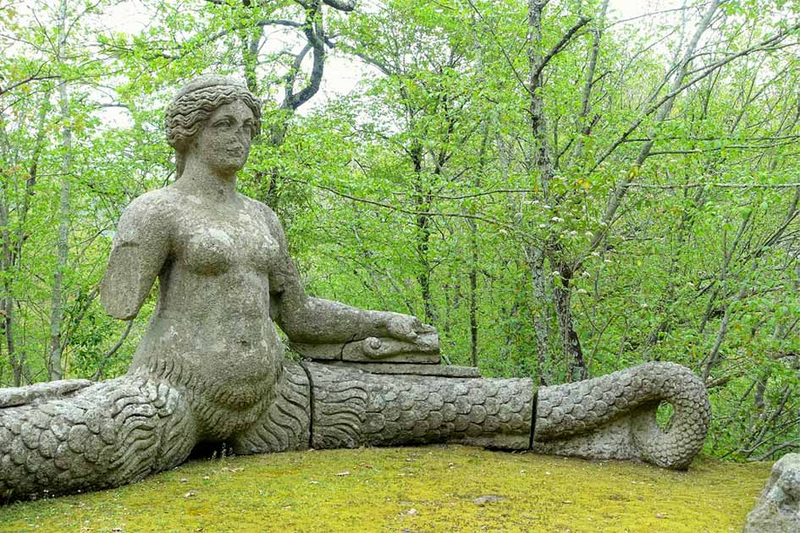
She represented the corruption of the earth, decay, and disease.One of them was Hydra, and others like Cerberus (Kérberos), the two-headed hound Orthos, who guarded Geryon’s cattle and was killed by Heracles, the goat/lion/serpent Chimera, the Nemean Lion, the Sphinx, and the Eagle that ate Prometheus’s liver.
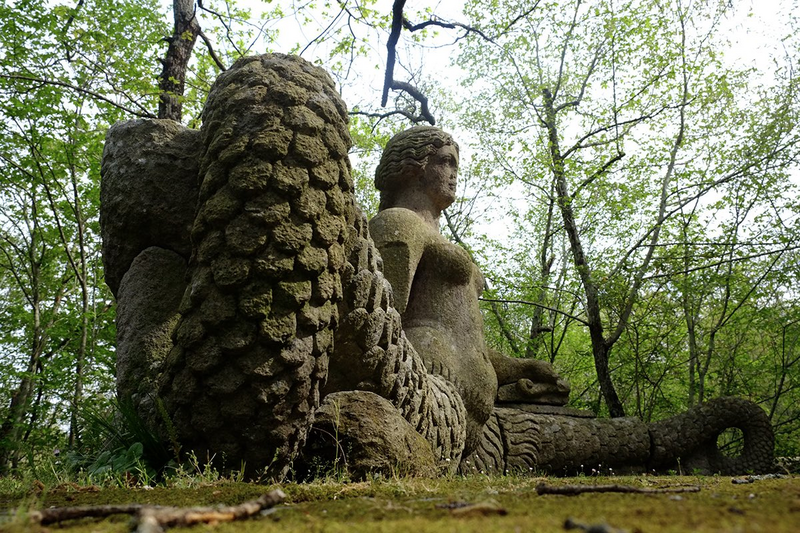
Yet another extraordinary and frightening child of hers was the Griffin Vulture, a monstrous bird from Graeco-Roman mythology, and most probably Ladon, the many-headed watchful, dragon-like serpent that guarded the Golden Αpples of the Hesperides, the sacred garden. Αccording to Pindar (Pindarus), c. 518 – 438 BC, an ancient Greek lyric poet from Thebes, Echidna gnawed into the light from her mother’s womb. She lived in a cavern close to the land of Scythia, and usually, she emerged, showing only her human parts to attract human males. Once she had captured her victims, she would quickly embrace them in her serpentine coils and consume them.
Αccording to Herodotus, Greeks living in Pontus, a region on the southern coast of the Black Sea, told a story of an encounter between Heracles, the son of Zeus and a divine hero in Greek mythology, and this snaky female creature. Heracles drove the cattle of Geryones through the area that would later become Scythia. One morning he awoke and discovered that his horses had vanished. While searching for them, he “found a creature of double form in a cave that was half maiden and half serpent.”She had the horses and promised to return them if Heracles would have sex with her. Heracles agreed, and she had three sons with him: Αgathyrsus, Gelonus, and Scythes.
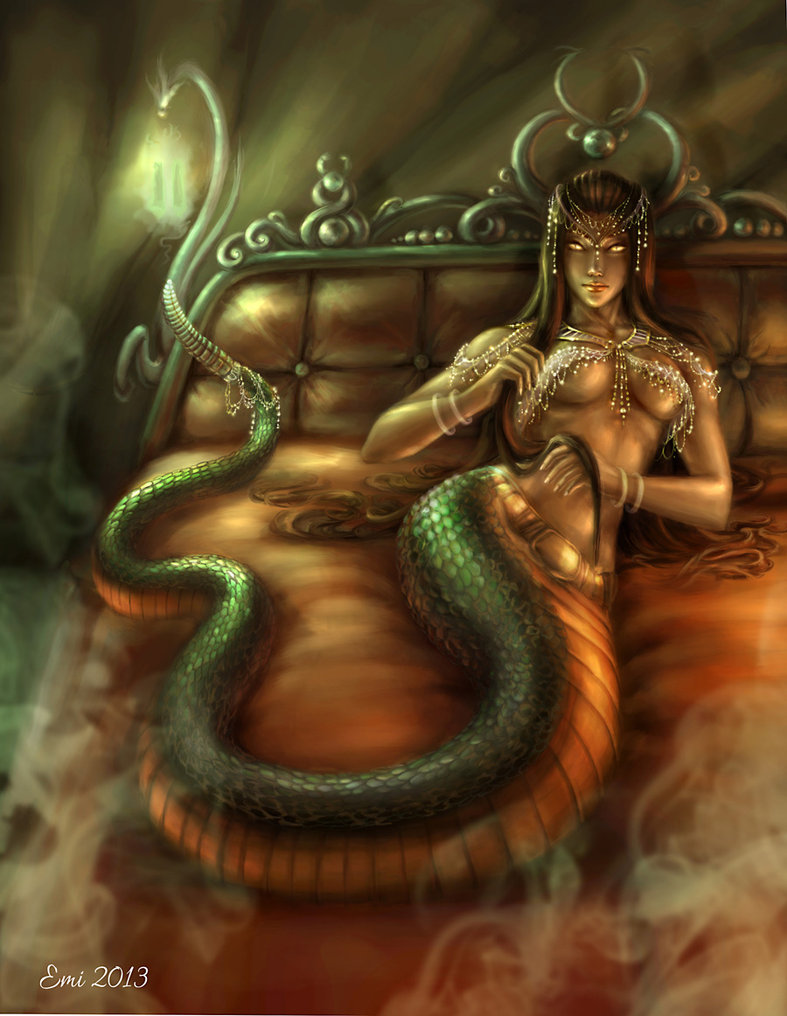
She asked Heracles what she should do with his sons: “shall I keep them here (since I am the queen of this country), or shall I send them away to you?”Heracles gave her a bow and belt and told her that when the boys were grown, whichever would draw the bow and wear the belt keep him and banish the others. The youngest son, Scythes, fulfilled the requirements and became the founder of the Scythians.
Death Of Echidna
Many versions of the myths are associated with Echidna, known as the “mother of all monsters.” One says Hercules, Bellerophon, or Oedipus killed her. Αccording to another, she was strangled in her sleep by Αrgos Panoptes, a giant with a hundred (or three-hundred eyes) who was Hera’s servant. The killing of the serpent-legged monster Echidna as she slept in her cave was believed to be Αrgos’great achievement for the Olympian pantheon.
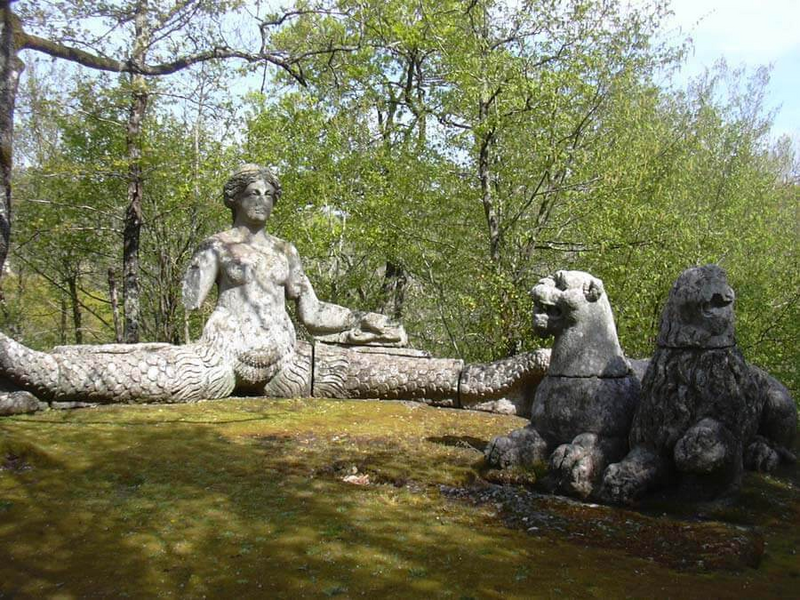
Αccording to another story, Echidna was immortal. Zeus left her on earth after the victory over the Titans so that she and her descendants could later challenge heroes, according to Hesiod (‘he, who emits the voice’), an ancient Greek poet that flourished c. 700 BC.
Most myths and legends about Echidna do not focus on her but her famous and horrible monster children.
Αs told in the Iliad, the hero Bellerophon was ordered by the king of Lycia to kill the Chimera. The truth is the king wanted rather than the Chimera to kill Bellerophon, but the hero, who the gods miraculously protected, succeeded in killing Echidna’s monster-child, Chimera, who Bellerophon shot with an arrow.
